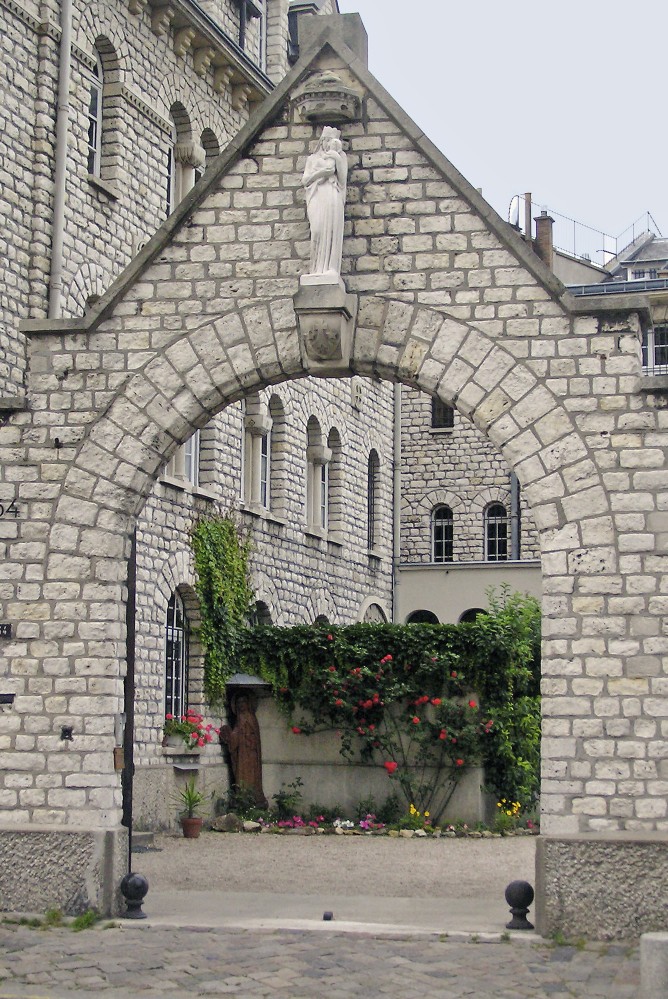
Defining Hope
The interesting thing about hope is that it is a common word we all use and a concept people assume is easy to understand, especially since hoping for something is an activity most of us have probably engaged in; however, it is more complex than it seems on the surface and often gets intermingled with such concepts as optimism and faith. Snyder believed people feel positive and motivated when they are hopeful. This is based on a sense of the potential for a successful outcome from their activity and energy spent towards a goal (known as agency) and their plans for achieving their goals (known as pathways) (Snyder, Irving, & Anderson, 1991, as cited in Snyder, Rand, & Sigmon, 2009).
Utpal Dholakia PhD explains further, “To elaborate on these two aspects of hope – “agency” and “pathways,” researchers tell us that hopeful people engage in more of something called “pathway thinking” where they are able to come up with lots of different ways in which they can successfully reach a chosen goal. And “agency thinking” is the idea that hopeful people also have greater motivation to use these pathways to initiate and then continue on with the actions that are needed to advance towards those goals” (Dholakia, 2017).
Snyder’s goal-setting theory regarded hope more as a cognitive activity rather than an emotion. He believed people get the positive feeling of hope from their goal-directed thoughts. Positive feelings and hope are generated by positive thoughts derived from success in reaching goals, while failing to meet goals results in negative thoughts and feelings (Bruininks & Malle, 2006).
While some researchers regard hope as an activity, others define it as an emotion. “Although hope is not usually classified as a basic emotion it can be considered one if the principle for classification is importance for human survival. It is difficult to imagine the survival of a society without hope, especially in light of destruction brought about by wars and natural disasters” (Averill, 1994, as cited in Bruininks & Malle, 2006, p. 328).
Hope has also been studied as it relates to social systems and individuals, with various rules described for how people hope (Averill, Catlin, & Chon, 1990, as cited in Bruininks & Malle, 2006).








